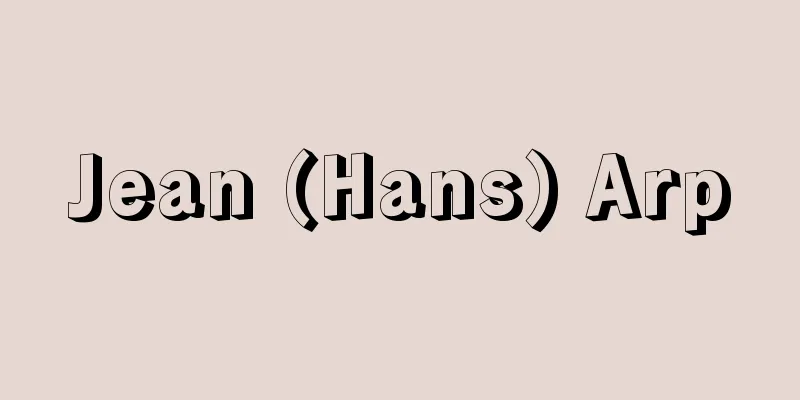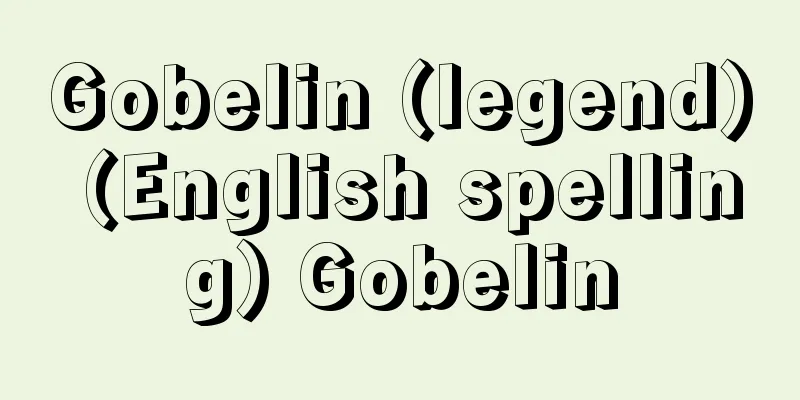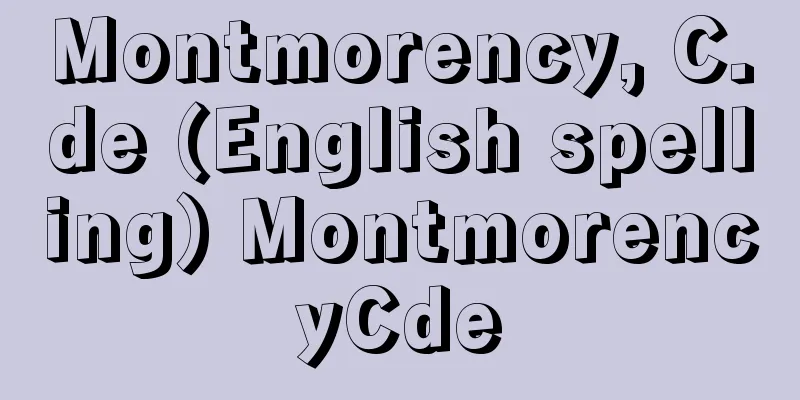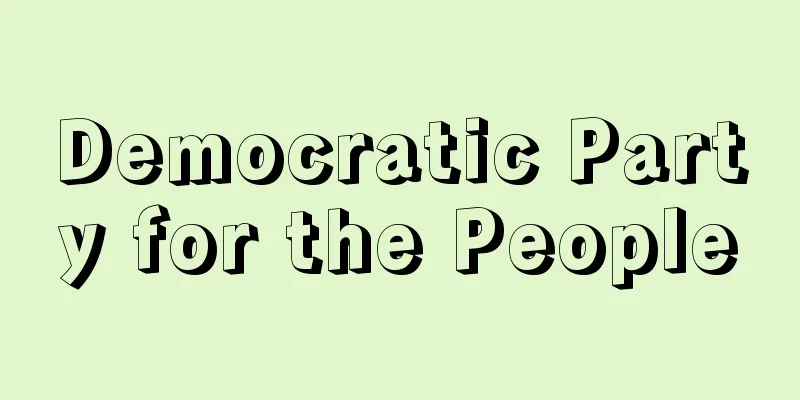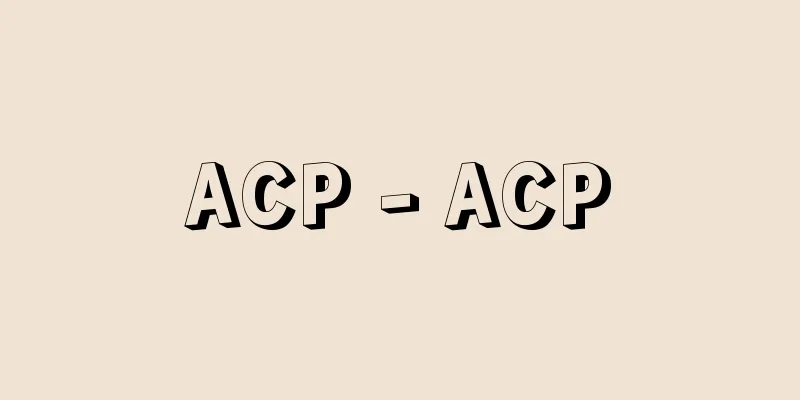Friedrich Wilhelm III

|
1770‐1840 King of Prussia. Reigned 1797-1840. Son of King II. Lacking in initiative, he always followed cautious conservatism as his guiding principle. He endorsed the spirit of the new era in the Prussian reforms and the War of Liberation, but he did not understand it, and although he repeatedly promised to promulgate a constitution, he never did so. After the Congress of Vienna, he suppressed the movement for freedom and unification as a follower of the Holy Alliance. [Sakai Eihachiro] Source: Heibonsha World Encyclopedia, 2nd Edition Information |
|
1770‐1840 プロイセン王。在位1797‐1840年。同2世の子。性格は積極性に欠け,つねに慎重な保守主義を指針とした。プロイセン改革や解放戦争に当たっては新時代の精神を追認したが,それを理解したわけではなく,幾度も憲法発布を約束しながら実行しなかった。ウィーン会議後は〈神聖同盟〉の信奉者として自由と統一の運動を弾圧している。【坂井 栄八郎】 出典 株式会社平凡社世界大百科事典 第2版について 情報 |
Recommend
Climate change
Climate changes over long periods of time. Glacia...
Ivens, J.
… French documentaries, closely related to the av...
Outside music - Gaikyoku
〘 noun 〙 A classification term for Japanese music,...
Ndebele
… Modern African art is overwhelmingly dominated ...
Hidden Ring - Hidden Ring
…Helian Bobo seized Chang'an from the Eastern...
Screen violence
...More than just a gangster movie depicting the ...
Cross Lamina
A type of sedimentary structure. The upper and low...
Gyoson
A Tendai Buddhist monk from the late Heian period...
Pippu [town] - Pippu
A town in Kamikawa District, central Hokkaido. It ...
Ho - Ho
(1) The lower-level administrative organization e...
Vaccinium angustifolium (English spelling) Vacciniumangustifolium
… [Matsui Jin]. … *Some of the terminology that m...
Krstić (English spelling)
1851‐1907 A Yugoslav (Serbian) painter. He receive...
Borough (English spelling)
A privileged city in England, or a city eligible t...
Andahatsubilt - Andahatsubilt
...Unlike the Latin people's tendency to seek...
